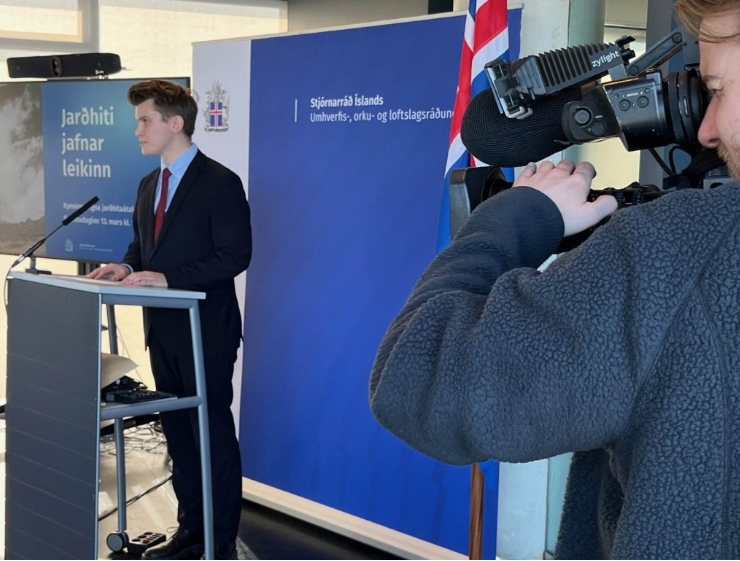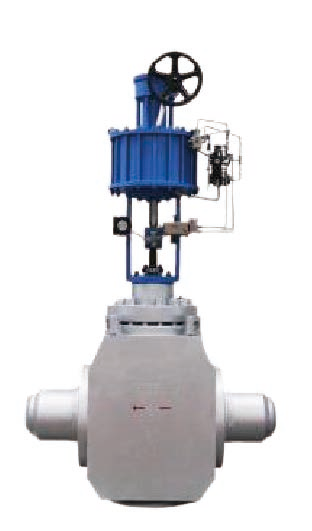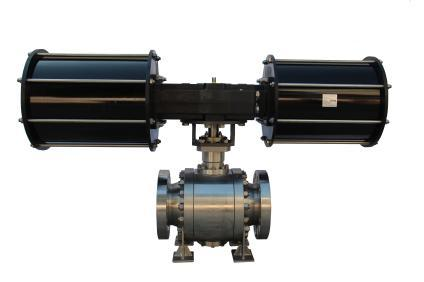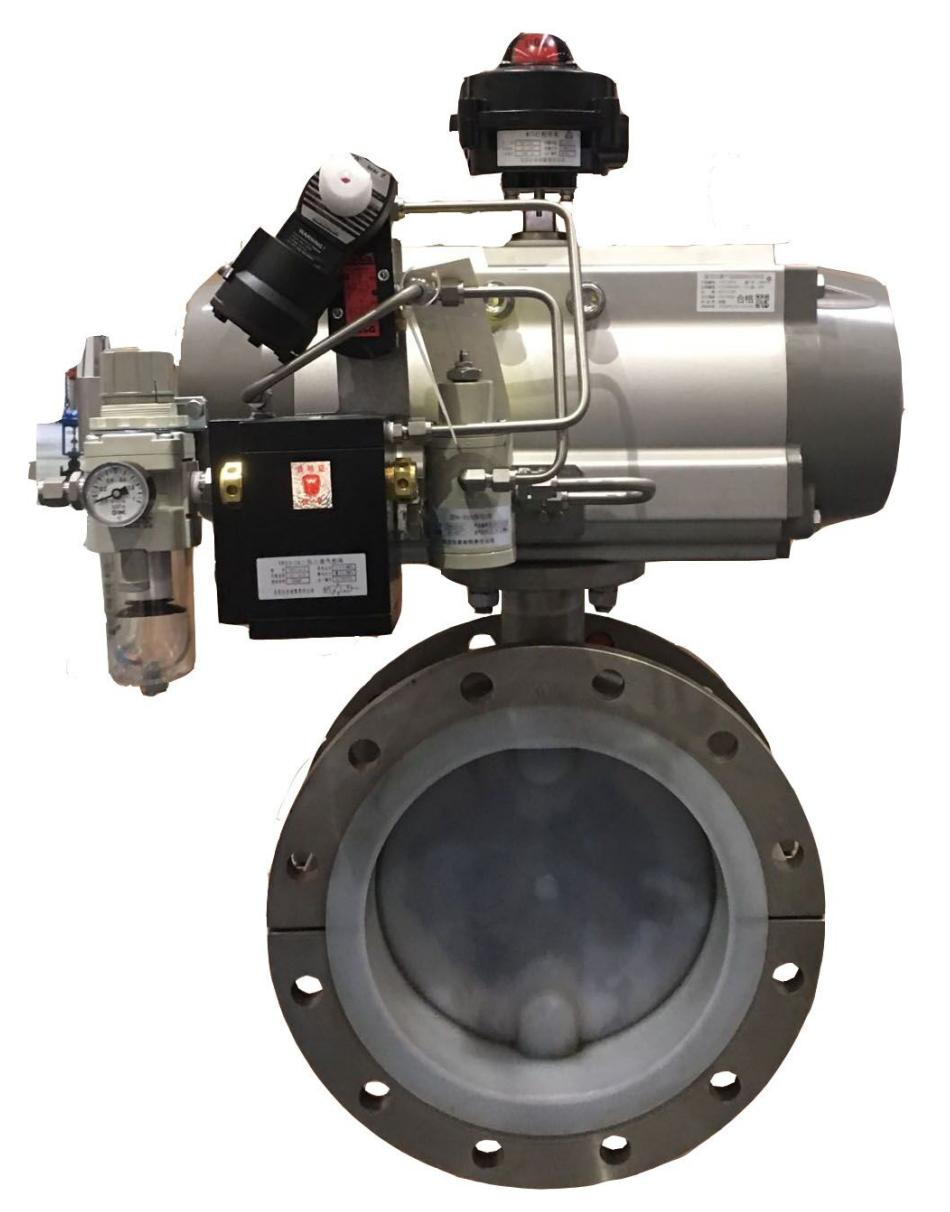Wedoany.com Report-Apr. 2, The Icelandic government has launched applications for the “Geothermal Leveling the Game initiative,” offering ISK 1 billion (around USD 7.5 million) in grants to advance geothermal energy exploration and use from 2025 to 2028. The deadline to apply is May 1, 2025.
Jóhann Páll Jóhannsson, Minister of the Environment, Energy and Climate of Iceland
Jóhann Páll Jóhannsson, Minister of the Environment, Energy and Climate, unveiled the program, marking it as Iceland’s most significant geothermal effort this century. The initiative aims to expand geothermal energy for heating in regions currently reliant on electricity or oil. About 10% of Icelandic homes lie in “cold areas,” where the Treasury allocates over ISK 2.5 billion yearly to subsidize heating costs.
These grants target municipalities, energy firms, or their representatives. When distributing funds, priority will go to areas with existing geothermal knowledge and evidence of accessible hot water for direct use in district heating systems, or sufficient warm water for central heat pumps. The program seeks practical solutions tailored to local conditions.
Each grant can cover up to two-thirds of a project’s total cost, with applicants providing the remaining share. Projects may focus on starting geothermal use where feasible or building on prior research to deepen understanding and application.
This effort reflects Iceland’s push to harness its natural resources efficiently. By targeting cold areas, the initiative aims to reduce reliance on costlier heating methods, easing the financial load on public funds while promoting sustainable energy. The grants encourage collaboration between local authorities and energy providers, fostering innovation in geothermal technology.
Applications opened recently, giving stakeholders until early May 2025 to submit proposals. Successful projects could transform heating access in remote or underserved parts of the country, leveraging Iceland’s abundant geothermal potential. The program stands as a practical step toward energy independence and environmental care, rooted in local expertise and resources.

















